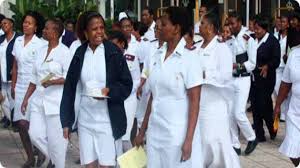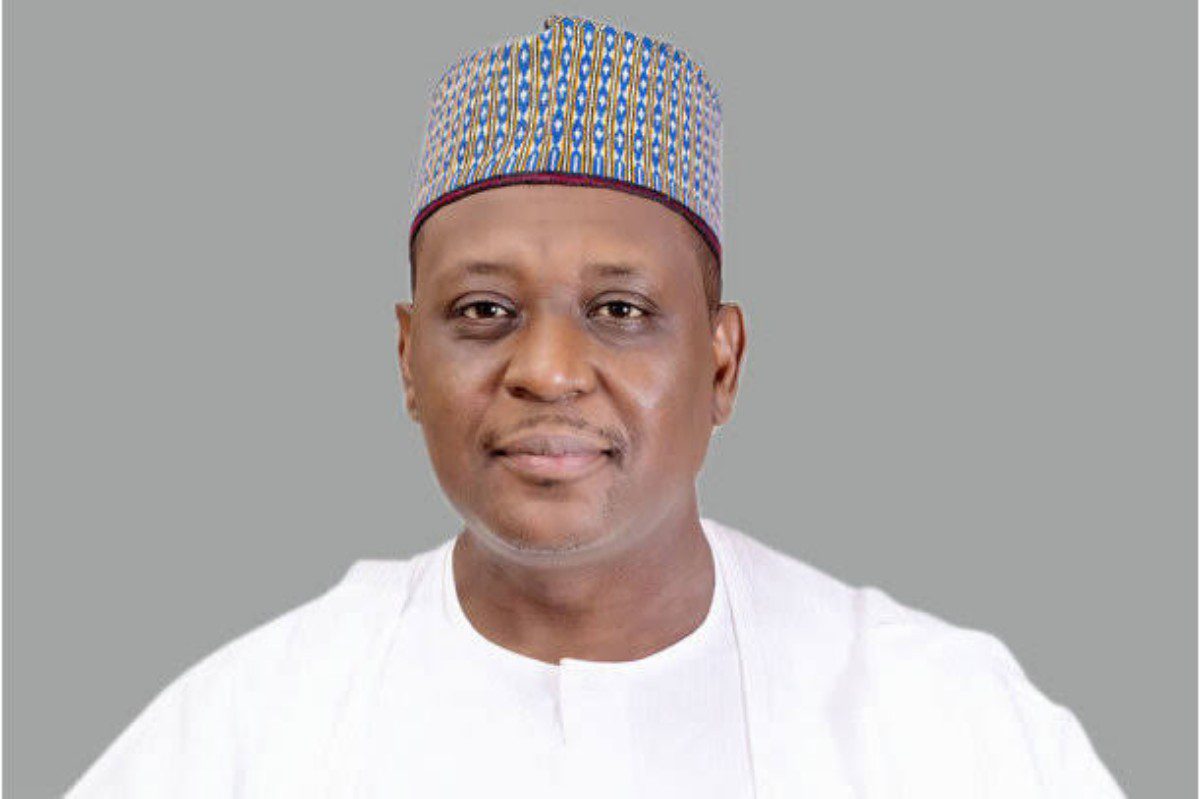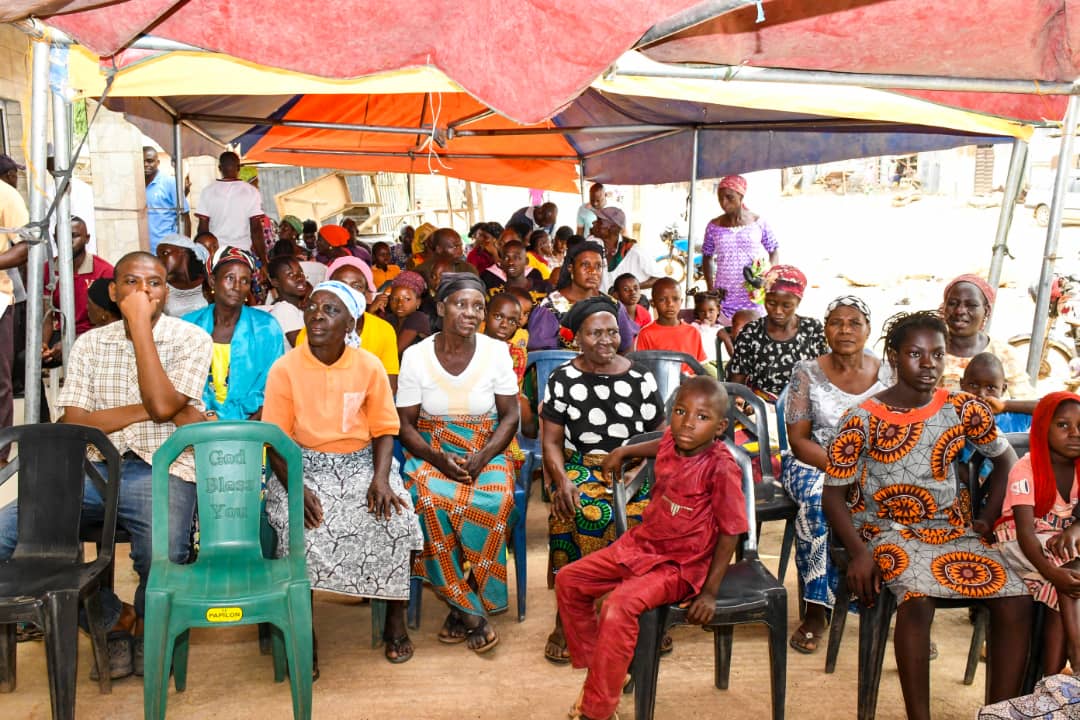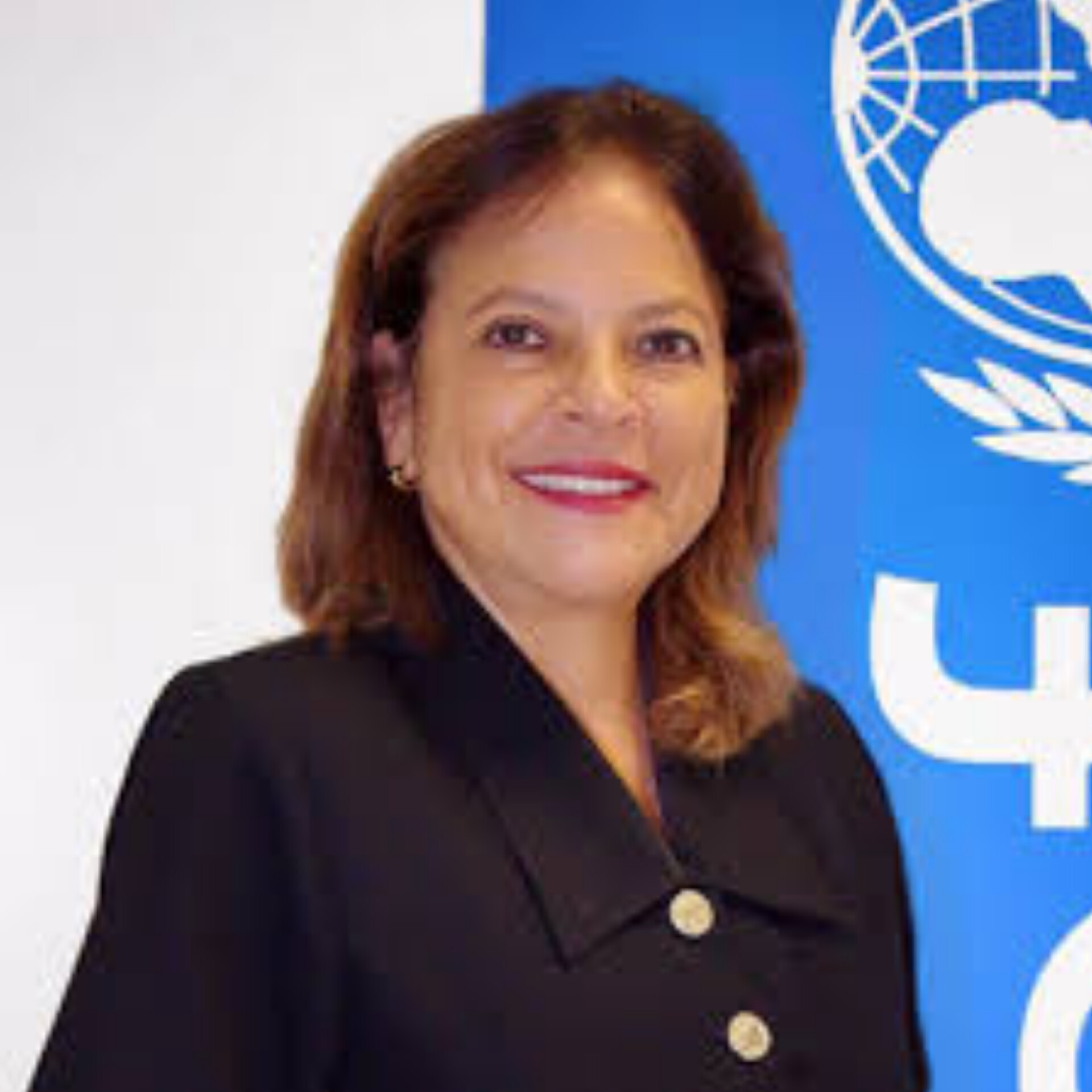By Azeez Mojeed Olusola
The International Council of Nurses has accused wealthy countries of recruiting nursing staff from some of the world’s most fragile health systems, which they find extremely hard to justify hence advised that the trend be stopped entirely.
The ICN said seven or eight wealthy countries — notably Britain, the United States, and Canada — were driving around 80 percent of international nurse migration, to try to address their domestic shortages.

“We are very concerned by some of the examples,” ICN chief executive Howard Catton told a press conference organised by the UN correspondents association in Geneva.
He cited talks between Britain and Ghana whereby London will pay Accra £1,000 ($1,240) per nurse recruited.
“That, in no way, goes anywhere near recognising the true value of the training costs of that nurse, or the loss to the Ghanaian health system,” he said.
When adding in experience in the field, “I’d expect to see £50,000 as a price to compensate for that experience at least — if not more. £1,000 is woefully short.”
The ICN said international recruitment focused largely on experienced, specialised nurses, rather than the “myth” that only newly-qualified nurses were being targeted.
“That creates a serious deficit in expertise in countries that cannot afford to lose their more experienced nurses. That has really been a serious concern,” said ICN president Pamela Cipriano.
“When you take those nurses out of the clinical environment, you truly have a brain drain.”
She said countries had to adopt a strategy of becoming self-sufficient in producing nurses.
“We’re appealing to the ethics of countries that health is a global issue,” she said.
“We don’t want to see some countries thrive and others hurt.”
Catton also highlighted Britain’s agreement with the Nepalese government on nurse recruitment, noting that the ratio of nurses to the British population is around 80 to 10,000, while in Nepal it is nearer 20.
“That is already taking nurses from a very low base, where access to healthcare is limited,” he said.
“That sort of recruitment can mean that a service simply isn’t provided.”
“If you’re a government who is relying on international recruitment as a quick fix to shortages because you haven’t invested enough, be very, very careful about that,” Catton said.
“For probably the 45 or 50 most vulnerable countries around the world,” he said, “there is a very strong case that… there shouldn’t be any recruitment.”
Founded in 1899, the Geneva-based ICN is a federation of more than 130 national nursing associations representing 28 million nurses worldwide.




